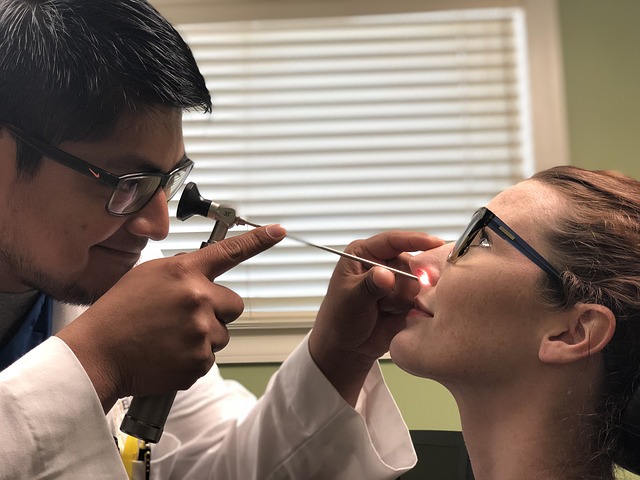One of the major health problems people deal with today is sinusitis – sinus infection can make anyone’s life difficult. People who struggle with allergies and asthma, who suffer from different structural blockages in the nose or sinuses, as well as people who have weak immune systems, happen to be at the greatest risk.
There are different ways to deal with sinusitis, depending on your diagnosis, but if you’re looking for effective ways to make your life and breathing easier, here’s what you can do:
Antibiotics
Antibiotics can help you with your sinusitis but only if your doctor prescribes them. A doctor may choose to prescribe antibiotics if they believe that the cause of your problems is a bacterial infection.
If your sinusitis is acute, you only need to take antibiotics between ten days and two weeks and you’ll be fine. If, on the other hand, you suffer from chronic sinusitis, it might be much longer than that.
If this happens, make sure you take some probiotics or activated charcoal too, as your stomach might hurt. Keep in mind that antibiotics work only if you suffer from a bacterial infection, so they won’t be able to help with any problems caused by a virus.
Nasal Corticosteroids
These are prescription nasal sprays that are meant not only to reverse swelling and inflammation in the nasal passages but also to prevent it from occurring in sinus openings as well.
The sprays achieve this because they are aimed at the biggest problem that’s associated with sinus infections in general and allowing a person to breathe more easily.
A doctor may choose to prescribe topical nasal corticosteroid sprays if you have nasal polyps that keep returning after you’ve treated them, and they are very effective in shrinking them in the first place.
If you use a normal dose of these sprays, they won’t be absorbed into the bloodstream, and you can keep using them for a long time without worrying that you’ll develop an addiction, but you should always consult your doctor.
Surgery
Sinusitis is problematic not only because it makes it difficult for a person to breathe, but also because it can cause severe headaches and episodic infections.
This is especially the case with chronic sinusitis, and in these cases, nasal obstructions can lead to severe complications involving the eyes as well as the brain, which is why doctors recommend getting surgery.
By choosing rhinoplasty surgery, you will ensure that the quality of your life is significantly improved even if you’ve suffered from severe symptoms for many years.
Fortunately, the procedure is simple and safe, and you can soon get back to your life without having to deal with sinus problems again.
Steaming Your Face
If you suffer from acute sinusitis caused by a virus, there isn’t much you can do but wait for it to pass. Still, as you will probably have difficulties breathing properly, you might want to try steaming your face.
It’s one of the oldest and most effective home remedies known and all you have to do inhale some steam, which will help soothe the sinus tissue and ease the pressure.
Apply a warmed washcloth over your nose and cheeks when you lie down or aim for something a bit more effective.
Boil a pot of water, place it on the table, sit down and bend over it while placing a towel over your head so as to make a small tent and trap the steam. Keep our eyes closed and breathe deeply while the water cools, and you will feel much better afterwards.
Nasal Sprays
These are very popular but shouldn’t be used for more than four days in a row. If you overuse them, you will end up needing them too much, as your nasal passages will swell shut in what is called a rebound phenomenon.
Topical nasal decongestants are very helpful as they help shrink swollen nasal passages and allow you to breathe more easily, which is why so many people tend to overuse them.
If you’re using some other over-the-counter drugs as well, you should be careful as some of them contain drying agents that will result in mucus thickening.
If you’re not sure whether you’re just having a bad case of cold or a severe sinus infection, you might want to check other symptoms just in case.
If you feel thick mucus in the back of your throat, stuffy nose that doesn’t seem to get better, and tenderness or even pain in the area around your eyes and nose, as well as coughing fits, it might be a case of sinusitis.
If you notice a persisting fever and a change in your eyesight, you should immediately see your doctor.
You can find much more information on living a holistic lifestyle in these free magazines and on our YouTube channel.
 Diana Smith is a full time mom of two beautiful girls interested in topics related to health and alternative medicine. In her free time she enjoys exercising and preparing healthy meals for her family.
Diana Smith is a full time mom of two beautiful girls interested in topics related to health and alternative medicine. In her free time she enjoys exercising and preparing healthy meals for her family.






